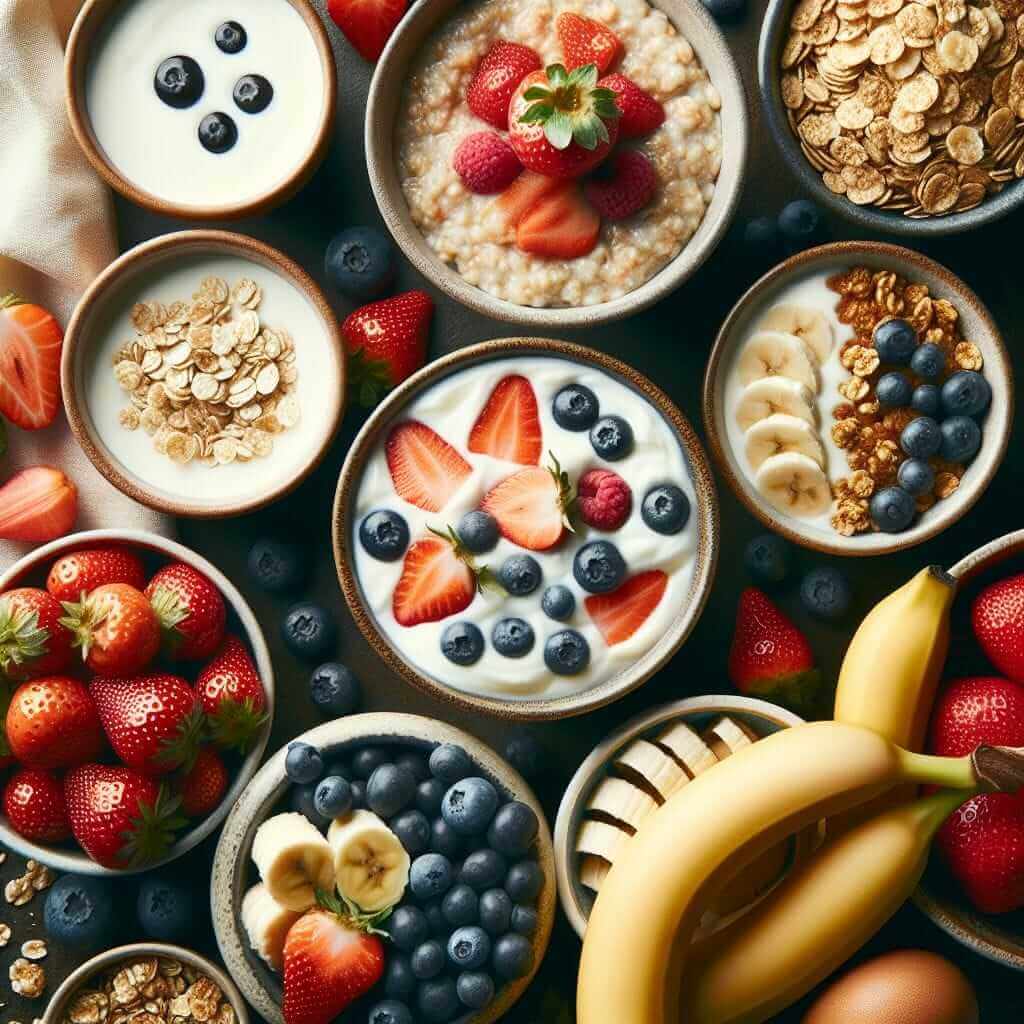As an IELTS instructor with over 20 years of experience, I’ve encountered countless students asking, “Will I be asked about breakfast on the IELTS?” The answer is, you might be! While there’s no guarantee of specific topics, understanding how to discuss everyday routines, like breakfast, is crucial for IELTS Speaking success.
Why Talking About Breakfast Matters in the IELTS Speaking Test
The IELTS Speaking test assesses your ability to communicate effectively in English. This includes discussing familiar topics, expressing opinions, and using a range of vocabulary and grammar accurately.
Topics like breakfast often appear in Part 1, where the examiner asks general questions about your life. You might be asked:
- What do you usually eat for breakfast?
- Is breakfast important to you?
- What were your breakfast habits like as a child?
While these questions seem simple, they test your ability to:
- Provide detailed and relevant answers: Going beyond a simple “yes” or “no” and offering explanations and examples.
- Use a variety of vocabulary: Demonstrating your knowledge of words related to food, meals, and routines.
- Maintain fluency and coherence: Speaking smoothly and logically.
Mastering the Art of Talking About Breakfast
Here’s how to confidently tackle breakfast-related questions in your IELTS Speaking test:
1. Expand Your Vocabulary
Go beyond basic words like “bread” and “milk.” Familiarize yourself with:
- Types of breakfast foods: Oatmeal, yogurt, cereal, pancakes, fruit salad, smoothies.
- Cooking methods: Scrambled, fried, boiled, toasted, baked.
- Descriptive adjectives: Nutritious, delicious, filling, light, quick, convenient.
- Verbs related to eating: Grab, have, prepare, enjoy, skip.

2. Practice Describing Your Breakfast Routine
Even if you’re not a breakfast enthusiast, be prepared to talk about it. Consider these aspects:
- Frequency: Do you eat breakfast every day, occasionally, or rarely?
- Timing: What time do you typically have breakfast?
- Preferences: What are your favorite breakfast foods and why?
- Cultural influences: Does your breakfast reflect your cultural background?
3. Don’t Be Afraid to Express Your Opinion
Whether you believe breakfast is the “most important meal of the day” or you prefer to skip it, share your perspective! Use phrases like:
- “I personally believe…”
- “From my point of view…”
- “In my experience…”
Example IELTS Speaking Questions and Answers
Examiner: What do you usually have for breakfast?
Candidate: Well, I’m a creature of habit, so I usually start my day with a bowl of oatmeal topped with fresh fruit and a drizzle of honey. It’s quick and easy to make, and it keeps me feeling full and energized until lunchtime.
Examiner: Is breakfast important to you?
Candidate: Absolutely! I find that having a nutritious breakfast helps me concentrate better throughout the morning. Plus, it’s a great opportunity to fuel my body after a long night’s sleep.
Top Tips for Success
- Practice speaking: Record yourself answering practice questions and analyze your fluency, vocabulary, and grammar.
- Think about your audience: Imagine you are speaking to the examiner and maintain eye contact.
- Be yourself: Speak naturally and honestly.
Remember, the key to acing the IELTS Speaking test is preparation and practice! By familiarizing yourself with common topics like breakfast and developing your speaking skills, you’ll be well on your way to achieving your target band score. Good luck!